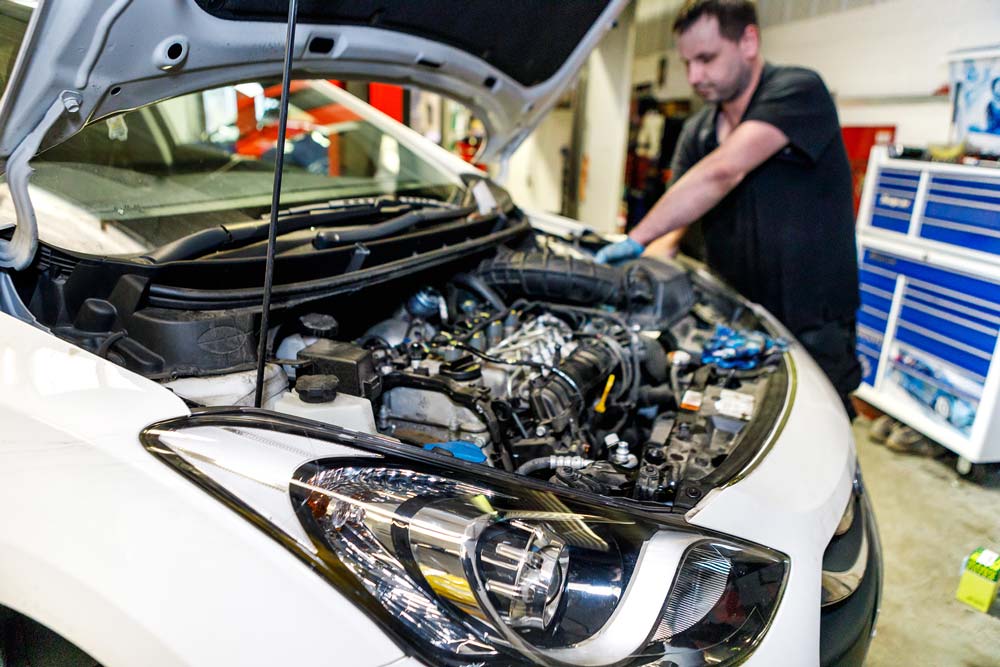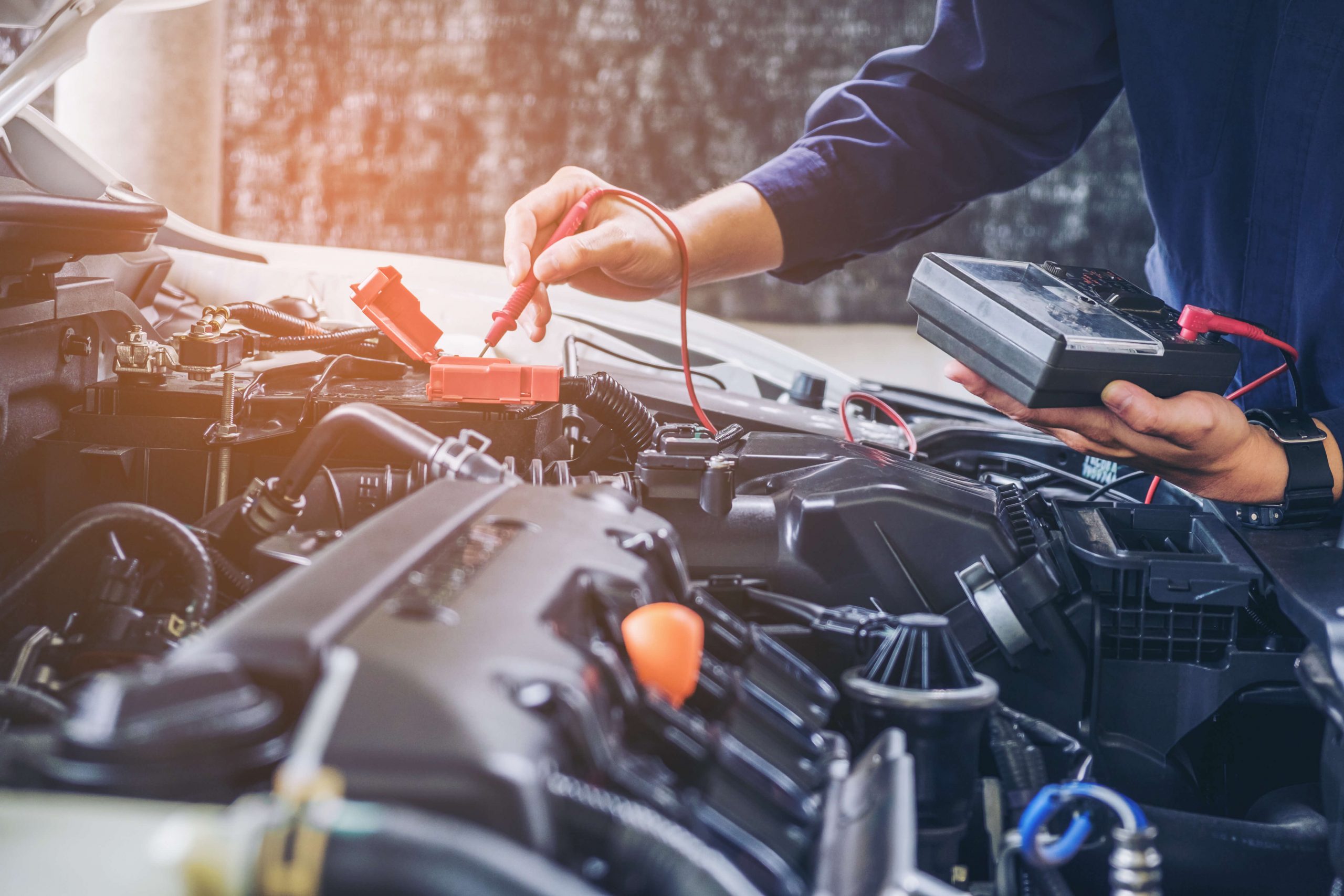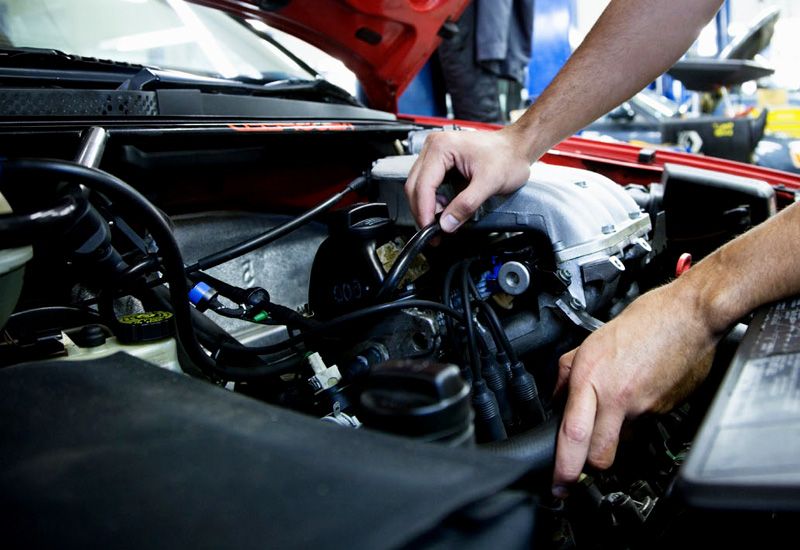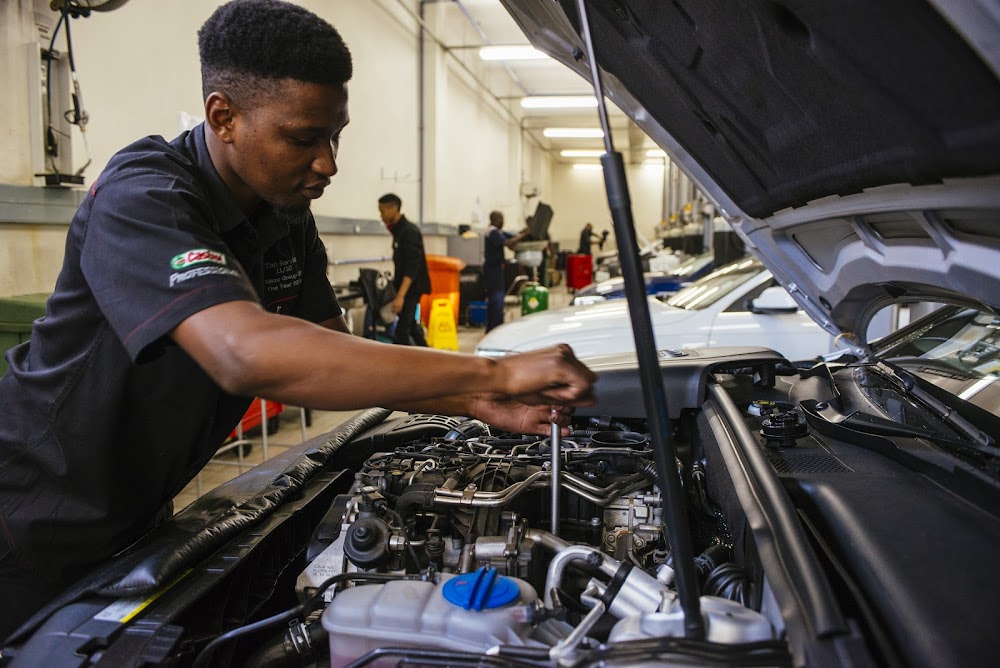Your vehicle’s fuel filter plays a vital role in ensuring your engine runs smoothly and efficiently. Over time, dirt and debris can accumulate in the filter, clogging it and reducing fuel flow to the engine. This can cause a range of issues, from decreased fuel economy to engine misfires and even complete engine failure. Regular fuel filter replacement is essential to keep your engine running smoothly and protect it from costly damage.
In this article, we’ll explore the importance of regular fuel filter replacement, including the signs that it’s time to replace your filter and the steps involved in the replacement process.
Why Is Fuel Filter Replacement Important?
Your vehicle’s fuel filter is designed to remove contaminants from the fuel before it enters the engine. These contaminants can include dirt, rust, and other debris that can cause damage to your engine if they are not removed. Over time, the filter can become clogged with these contaminants, reducing fuel flow to the engine and causing a range of issues.
Some of the most common issues that can result from a clogged fuel filter include decreased fuel economy, engine misfires, stalling, and complete engine failure. In addition to these issues, a clogged fuel filter can also cause damage to other components of your engine, including the fuel injectors and fuel pump.
When to Replace Your Fuel Filter
The frequency with which you need to replace your fuel filter can vary depending on the make and model of your vehicle, as well as your driving habits. As a general rule, however, it’s recommended that you replace your fuel filter every 30,000 to 50,000 miles.
There are several signs that can indicate it’s time to replace your fuel filter. These include:
- Decreased fuel economy: If you’ve noticed that your vehicle’s fuel economy has decreased, it may be due to a clogged fuel filter. This is because a clogged filter can reduce fuel flow to the engine, causing it to work harder and use more fuel.
- Engine misfires: A clogged fuel filter can cause your engine to misfire, which can be felt as a rough or jerky ride.
- Stalling: If your engine is stalling or struggling to start, it may be due to a clogged fuel filter.
- Reduced engine performance: A clogged fuel filter can cause a range of performance issues, including reduced acceleration and power.
If you notice any of these signs, it’s important to have your fuel filter replaced as soon as possible to avoid further damage to your engine.
How to Replace Your Fuel Filter
Replacing your fuel filter is a relatively simple process that can be completed with a few basic tools. However, if you’re not comfortable working on your vehicle’s fuel system, it’s always best to have a professional mechanic perform the replacement.
Here’s a basic overview of the steps involved in replacing your fuel filter:
- Locate your fuel filter: Your fuel filter is typically located along the fuel line, either near the fuel tank or near the engine.
- Relieve fuel system pressure: Before you can remove the old filter, you’ll need to relieve the pressure in the fuel system. This can be done by disconnecting the fuel pump relay or fuse and running the engine until it stalls.
- Remove the old filter: Once the pressure has been relieved, you can disconnect the old filter from the fuel line and remove it from the vehicle.
- Install the new filter: Install the new filter in the same location as the old one, and reconnect it to the fuel line.
- Test the new filter: Once the new filter is installed, start the engine and check for leaks. If everything looks good, you’re all set!













